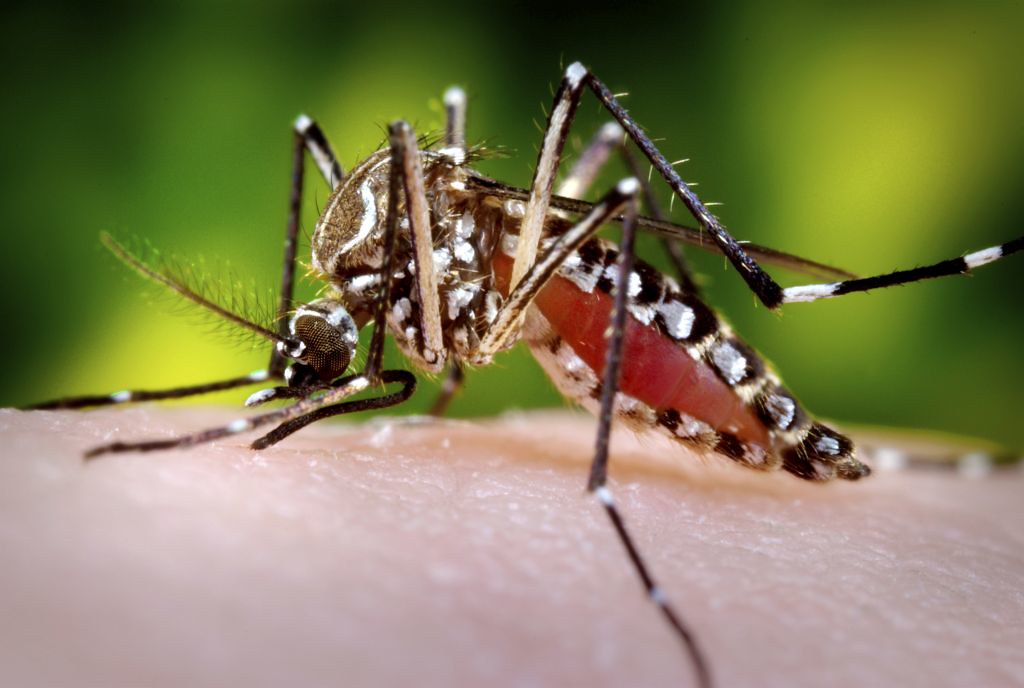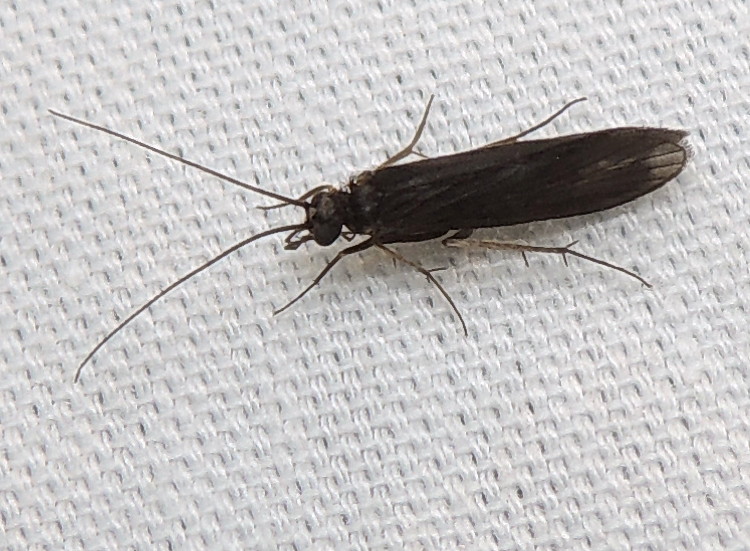
In October 2018 I posted a blog on the decline of global insect numbers and biodiversity.
This month a Washington Post columnist, Michael J. Corin, published a piece decrying people’s use of “bug zappers” [full citation at end of this blog] in an effort to prevent biting insects from ruining their evenings.
After quoting some of the manufacturers’ advertising claims, Corin point to the scientific consensus that these zappers don’t kill mosquitoes. In some studies, the zappers killed tens of thousands of insects, but far fewer than 1% were mosquitoes. A study by Iowa State University (citation at end of blog) that estimated even a fraction of the bug zappers sold in the United States kill more than 70 billion insects annually.
Corin even says, “bug zappers make it more likely you’ll be bitten by mosquitoes while sitting in your backyard.” Any mosquitoes drawn to the vicinity of a bug zapper will redirect their attention to the proximal warmblooded mammals — usually humans.
This information is important to us because bug zappers are exceptional killers of (other) insects. Corin cites a study by the University of Delaware (Frick and Tallamy, full citation below) in which the zappers caught nearly 14,000 insects over a summer. Roughly half the catch — 6,670 insects — were harmless aquatic species from nearby rivers and streams, fish food in the aquatic food chain. Many of the others were parasitic wasps and beetles that naturally prey on mosquitoes.

So, these traps are exacerbating the “insect apocalypse” and undermining biocontrol programs!
These studies were published in the middle-1990s – nearly 30 years ago. Dr. Douglas Tallamy of the University of Delaware told me that there are now traps that use baits (octanol and CO2). Carbon dioxide and octenol (a derivative of mammalian body odor) are known to attract biting insects, including mosquitoes. However, these traps cost up to $500 and do not sell well. The standard zapper still only catches non-targets.
A study by Kim et al. found that neither the Stinger Electric Zapper nor the Mosquito Deleto works effectively.
Apparently most bug zappers are not working as advertised. Why, then, are they still marketed using false claims? The Federal Trade Commission is supposed to investigate misleading advertising claims and take legal action against manufacturers who don’t correct them. Corin says the agency suggested to him that the public should submit any complaints through the agency’s website.
Should we not provide information to the FTC and urge them to take action? Do you have information – or access to research capabilities – to support such an effort?
Corin provides the usual advice to minimize mosquitoes around your house:
1) eliminate standing water – in which mosquitoes breed. Or install a “Bucket of Doom” (a design developed by the Centers for Disease Control). Fill a 5-gallon bucket with water and add leaf litter or straw.Mosquitoes love to lay eggs here. Add granules of Bacillus thuringiensis to kill the mosquito larvae. Some commercial versions are Ovi-Catch AGO trap sold by Catchmaster or the “GAT” trap sold by Biogents.
2) wear long sleeves and pants. Add repellent – especially those containing DEET.
3) Turn on a fan to create a steady breeze.
SOURCES
Coren, M.J. 2023. Trying to kill mosquitoes? Don’t buy a bug zapper. The Washington Post. September 14, 2023. https://www.washingtonpost.com/climate-environment/2023/09/12/bug-zappers-mosquito-repellent/
Frick, T.B. and D.W. Tallamy. 1996. Density and Diversity of Nontarget Insects Killed by Suburban Electric Insect Traps. Ent. News Vol 107, No. 2, March & April 1996
Kim, J. et al. 2002. A study comparing efficiency of insect capture between Stinger electric zapper and Mosquito-deleto at varying locations and heights in northern Michigan. https://deepblue.lib.umich.edu/handle/2027.42/54969
Lewis, D. 1996. Bug Zappers are Harmful, Not Helpful. Iowa State University Extension. Bug Zappers are Harmful, Not Helpful | Horticulture and Home Pest News (iastate.edu)
Posted by Faith Campbell
We welcome comments that supplement or correct factual information, suggest new approaches, or promote thoughtful consideration. We post comments that disagree with us — but not those we judge to be not civil or inflammatory.
For a detailed discussion of the policies and practices that have allowed these pests to enter and spread – and that do not promote effective restoration strategies – review the Fading Forests report at http://treeimprovement.utk.edu/FadingForests.htm
or